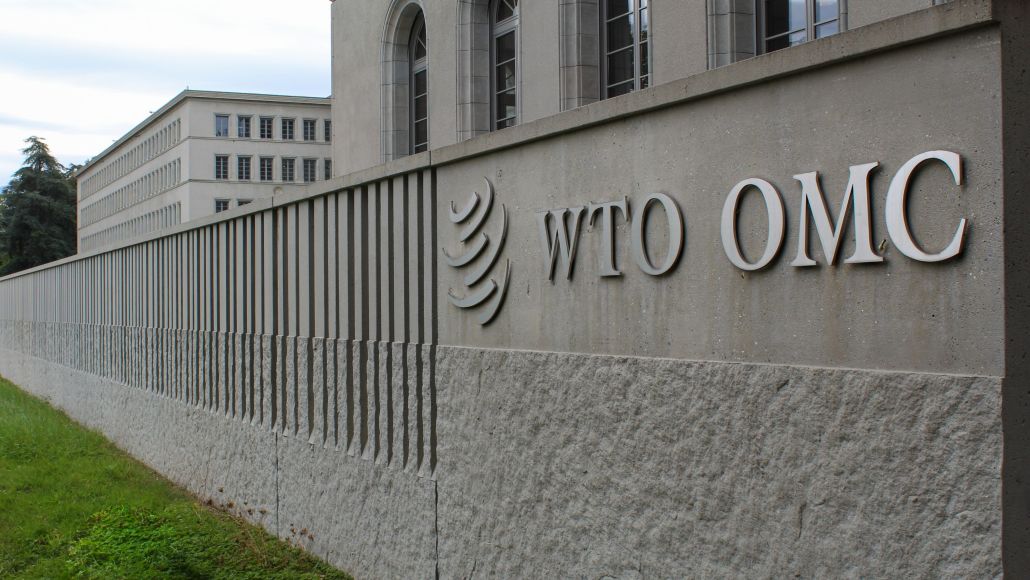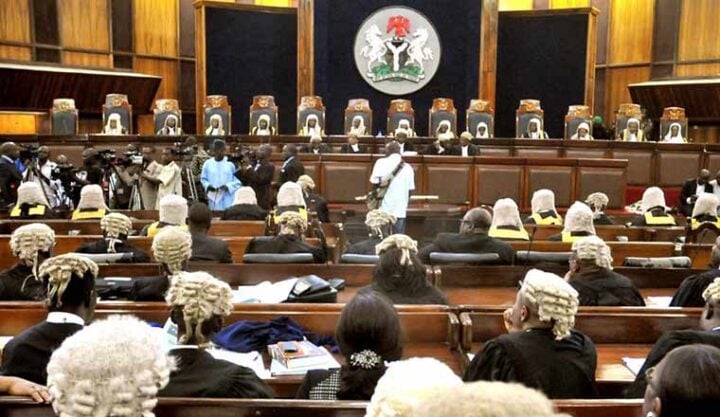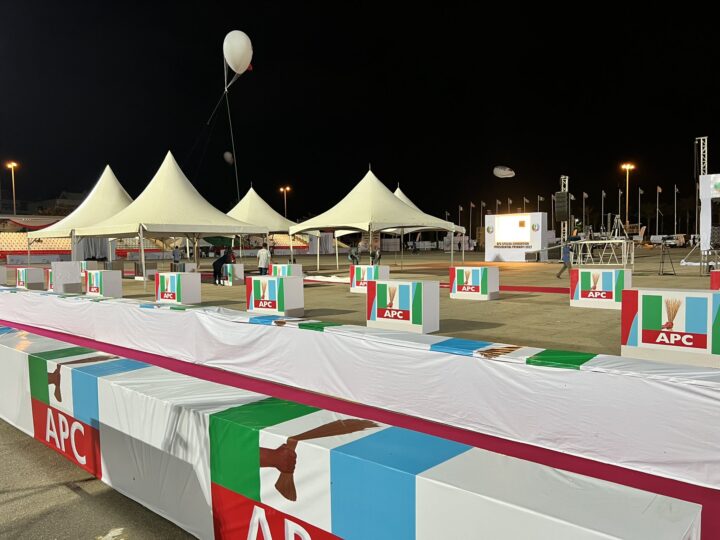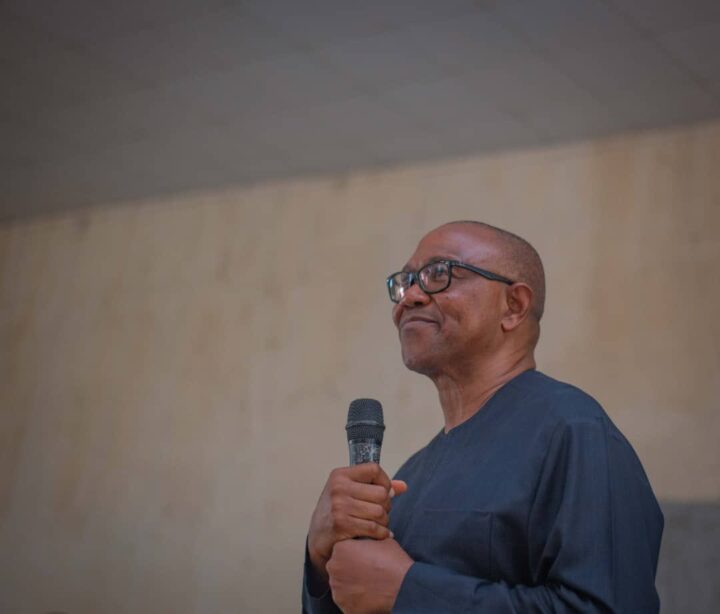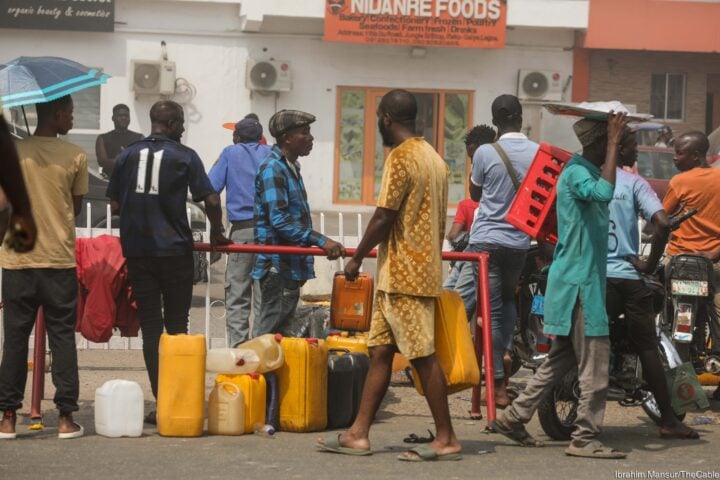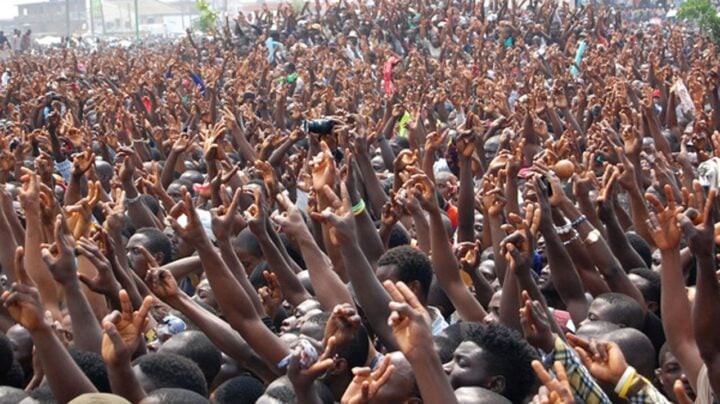The World Trade Organization (WTO), currently led by Nigerian born Dr. Ngozi Okonjo-Iweala, has in recent times had been desirous of seeing through efforts that will resolve some of the challenges which inhibit women’s participation in global trade. This formed part of the agenda of WTO’s 12th Ministerial Conference (MC12) that took place from 12th– 16 June 2022, at the WTO Headquarters in Geneva. The Ministerial Conference, is the topmost decision-making body of the WTO, and usually meets every two years. The work of the WTO in the area of gender and trade, builds on the Buenos Aires Joint Declaration on Trade and Women’s Economic Empowerment, adopted in 2017 at the WTO’s 11th Ministerial Conference (MC11), with endorsement by 127 Member countries, including Nigeria.
The Declaration aligns with Goal 5 of the Sustainable Development Goals in the United Nations 2030 Agenda for Sustainable Development, which is “to achieve gender equality and empower all women and girls”, as well as the effective implementation of “the obligations under the Convention on the Elimination of all Forms of Discrimination Against Women, adopted by the United Nations General Assembly on 18 December 1979”.
Much of the work around the Buenos Aires Declaration has been by the Informal Working Group (IWG), with groupings on a gender work plan in late 2020. The IWG, which is open to all WTO members and observers desirous of enhancing women’s participation in global trade, has its work plan developed around four pillars, which are- sharing best practices on removing trade-related barriers and increasing women’s participation in trade; understanding what a “gender lens” is and how it could be applied to the work of the WTO; reviewing gender-related research by the WTO Secretariat and others on women’s economic empowerment; and contributing to the WTO’s Aid-for-Trade Work Programme.
In Nigeria, women constitute 49.32 percent of the estimated 206 million population, with various studies highlighting the inhibitions that women in Nigeria face in trade, politics and other aspects of socioeconomic life. Data from the IMF shows that women constitute over 60 percent of the poorest people in Nigeria.
Advertisement
Given the increasing nature of globalization, multilateral efforts such as the Buenos Aires Declaration are very important. What has been challenging in large parts for some countries such as Nigeria, has been the ability to implement. An example is the WTO Trade Facilitation Agreement (TFA) of 2017, which Nigeria committed itself to implement. Despite the benefit of US$170 billion in 20 years from new trade flows that can accrue to Nigeria from implementing the TFA, she has largely been unable to successfully do so. A number of factors has been identified are being responsible for the country’s inability to implement multilateral agreements, with insufficient input from would-be implementers and beneficiaries in Nigeria highlighted as part of the inhibiting factors.
With the “Statement On Inclusive Trade And Gender Equality From The Co-Chairs Of The Informal Working Group On Trade And Gender” WT/MIN(22)/7 dated June 12, 2022 at MC12, which shows that a WTO agreement on Gender and Trade is a possibility at subsequent WTO events, it is therefore appropriate to ask the question – What approach should Nigeria adopt, to prevent poor implementation of the Buenos Aires Declaration, and a possible WTO agreement on Gender and Trade?
With insufficient input from would-be implementers and beneficiaries in Nigeria highlighted as one of the inhibiting factors for proper implementation of previous WTO agreements and other multilateral agreements, it becomes imperative to assess what efforts, input or awareness, if any, has been made by primary Nigerian stakeholders since the Buenos Aires Declaration and IWG.
Advertisement
In Nigeria, the Federal Ministry of Industry, Trade & Investment (FMITI) plays a statutory role in the implementation of WTO engagements and agreements. There are currently two federal ministers in the ministry, with a woman being one of them. An assessment of their activities since 2017 shows that there are no visible plans or actions targeted at Buenos Aires Declaration, as well as achieving its objectives. Given the situation of the lead agency, it is not surprising that not a lot has been done by other government agencies, private organisations and stakeholders who should be driving the process.
Before making recommendations on how to reverse the trend of low awareness and implementation as it concerns the Buenos Aires Declaration, it is necessary to highlight who some of the major stakeholders are.
The National Economic Council (NEC) which is constitutionally established and chaired by the Vice President of Nigeria. It meets monthly, with the mandate to advise the President concerning the economic affairs of the Federation, particularly on measures necessary for the coordination of the economic planning efforts or economic programmes of the various Governments of the Federation. Membership of the NEC comprises of the 36 Nigerian State Governors, the Governor of the Central Bank of Nigeria and other co-opted Government officials. The role of NEC for promoting Gender and Trade in top economic decision making across the country, cannot be overemphasized.
The Federal Ministry of Women Affairs and Social Development (FMWASD) is the government ministry charged with promoting the development of women and children in Nigeria. With its mandate that includes coordinating and monitoring women’s programmes; providing technical and financial support to women NGOs, the ministry should be leading collaboration with FMITI for gender and trade. Located in the ministry is the National Centre for Women Development (NCWD). The Centre is charged with the responsibility of stimulating consciousness in Nigerian women towards attaining higher levels of development. That consciousness of the Buenos Aires Declaration requires enhancement, says a lot about the relevance of the NCWD. As the Centre is a data bank on women and development in Nigeria, it facilitates the formulation of policies, provides trainings, and liaises with National, Regional and International agencies involved in Gender development programmes in response to the demands of gender imperatives of the UN Global issues for Nigerian Women.
Advertisement
For groups, the National Council of Women Societies (NCWS) and the Office of the First Ladies at the federal, state and local tiers of government can play a critical role in the promotions of gender and trade. The Office of the First Lady has its roots from the United States, and they do wield a lot of de facto power in Nigeria, which can be appropriately harnessed in the promotion of the Buenos Aires Declaration. Also worthy of mention is the Women in Management, Business and Public Service (WIMBIZ), which has, over the last 21 years, implemented programs for greater representation of women in leadership positions in the public and private sector. WIMBIZ has an impressive contributory associate pool of 1,352 accomplished women in management, business and public service and over 22,267 women in its records, and partners with credible domestic and international global organizations to deliver programs, which have influenced over 284,771 women.
Given the critical role that access to finance will play in enabling more Nigerian women participate in global trade, relevant bodies and initiatives need to be identified and collaborated with. One of such is the ‘W Initiative’ by Access Bank. The bank in 2006 introduced the Gender Empowerment Marketing (GEM) Program in collaboration with the International Finance Cooperation (IFC) of the World Bank Group, with provision for about N2.5 billion. From this, the bank went into partnership with IFC and AC Nielsen in creating packages that have led to what largely constitutes the ‘Women Banking’ unit at the bank, as part of what is now the ‘W Initiative’. Launched in July 2014 to hasten female entrepreneurship in Nigeria, the initiative includes capacity building programs exclusive to women, mentoring programmes, and maternal health services, all aimed at helping to build a bigger, stronger and more sustainable society. Participating women and their families have access to loans and credit facilities; access to the ‘W’ community in which they can get insights concerning family matters and finance matters.
Still on access to finance, the Bankers’ Committee is the umbrella body of CBN directors and chief executives of all Deposit Money Banks (DMBs) in Nigeria, and has the responsibility of formulating policies and finding solutions to common banking problems arising in Nigeria, and can play a key role in promoting gender and trade. Some of the measures previously taken are the policy that required a minimum of 30 per cent of female representation on boards and 40 percent at the top management level in the banking industry, similar to the National Financial Inclusion Strategy recommending increasing female staff of microfinance banks to 30 percent.
Discussions on financing cannot be concluded without the mention of Development Bank of Nigeria (DBN), as well as the feasibility of Micro, Small and Medium Scale Enterprises (MSMEs) providing women the opportunities to do more trading. The bank was conceived by the Federal Government of Nigeria in 2014 in association with global development partners such as the World Bank, African Development Bank, KfW Development Bank, French Agency for Development and European Investment Bank to address the major financing challenges facing MSMEs in Nigeria. DBN has disbursed more than N98 billion to female entrepreneurs in Nigeria as of February 2022, and is well positioned in actualizing the goals of the Buenos Aires Declaration.
Advertisement
As the WTO effort is geared towards both domestic and international trade expansion for women, and given that many of such trade expansion opportunities will be through MSMEs, there is a major role for Nigerian Export Promotion Council (NEPC), through its programs such as ‘Initiative for Gender Empowerment and Creativity’ and the council’s ‘Women in Exports’ division geared towards trade facilitation that includes the SheTrades initiative in Nigeria. This Initiative is done together with the International Trade Centre (ITC) of the WTO, that aims to unlock markets for women. It is a bit surprising that this collaboration with ITC of WTO has not led to the publicity by NEPC for the WTO Buenos Aires Declaration.
While controlling for market imbalance, the Nigerian Investment Promotion Commission (NIPC) can grant pioneer status tax exemptions to investors in businesses that have some bias for women. The Small and Medium Entreprises Development Agency of Nigeria (SMEDAN), which is the main government agency responsible responsible for promoting MSMEs, has room to do more for female entrepreneurs.
Advertisement
What then should be done by Nigeria to enhance the successful implementation the Buenos Aires Declaration, and possibly, of a WTO agreement on gender and trade?
For Nigeria to enhance implementation of the Buenos Aires Declaration be strategically positioned for a possible WTO Agreement on Gender and Trade, the FMITI should constitute a Working Committee on Gender and Trade, that will be tasked with championing the objectives of the Buenos Aires Declaration. The committee will consist of Ministry of Foreign Affairs (MFA), FMWSD, CBN, NEPC, NIPC, NCWD, Bankers Committee, WIMBIZ, NCWS, Civil Society and other relevant stakeholders. The committee will among other things, provide providing clear explanations on what the Buenos Aires Declaration means for Nigeria, and possible challenges, if any. It will make submissions to the IWG, ensuring that the positions and input of Nigeria are reflected in any resulting WTO agreement on gender and trade.
Advertisement
Given the position that Nigeria plays in West Africa through the Economic Community of West African States (ECOWAS), a diplomatic effort coordinated by the Ministry of Foreign Affairs and FMITI can ensure that a symbiotically articulated position by Nigeria on a possible WTO agreement on gender and trade, is adopted by ECOWAS and probably the rest of Africa through the African Union, at the WTO.
This proposed approach will also ensure that Nigeria is more compliant with the Statement of the IWG on Trade and Gender that states that WTO members have “held thematic discussions on trade and gender issues, putting these issues on the WTO agenda for the first time; Strengthened their experience and expertise in inclusive policy making, including in designing and implementing gender-responsive trade policies, rule-making and Aid-for-Trade programmes; and Started work on the first work plan on trade and gender in the WTO, based on four pillars of gender-responsive policy making, gender lens applied to WTO, research and
analytical work and Aid for Trade”.
Advertisement
If this proposed approach is successful in ensuring that Nigerian women play an increased role in domestic and international trade, it significantly contributes to inclusive economic development of the country, given its positive impact on women who constitute 49.32 percent of population and 60 percent of those impoverished. It can also provide a pathway for better engagement and implementation of multilateral agreements by Nigeria.
There is a saying in these parts that women ‘make’ the home, and the home is the fulcrum of the society. Will the expansion then, of Nigerian women’s participation in domestic and global trade lead to the ‘making’ of Nigeria for sustainable and inclusive socioeconomic development?
Uwanaka, a policy analyst, writes from [email protected]
Views expressed by contributors are strictly personal and not of TheCable.

